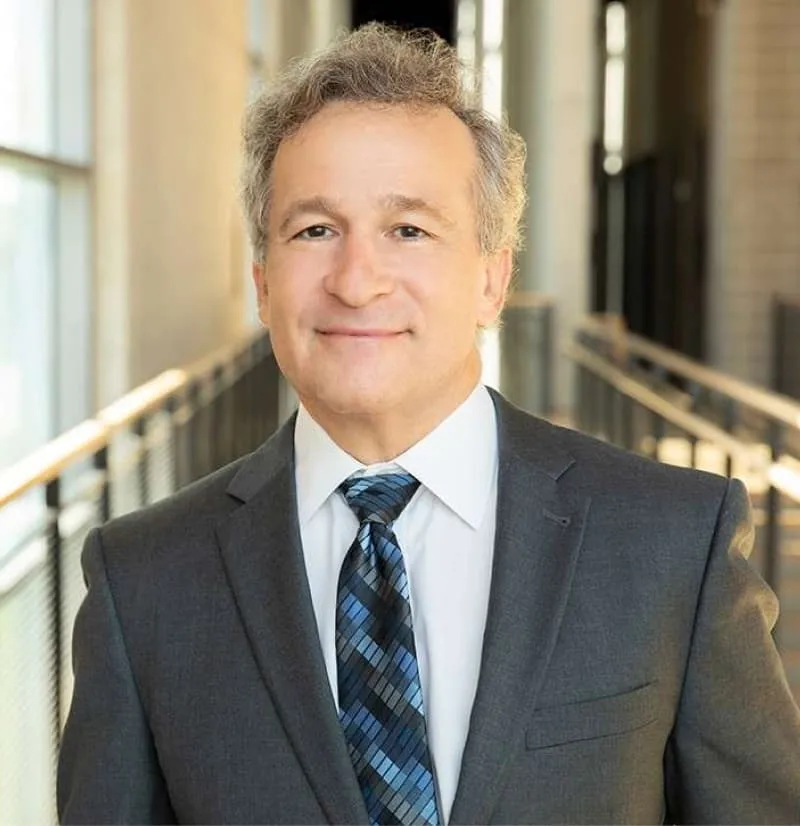Michael Kirsch, M.D. – author, MD Whistleblower
With regard to physicians’ support for medical malpractice reform, the times they are a changin’. These iconic words of Bob Dylan, who has now reached the 8th decade of life, apply to the medical liability crisis that traditionally has been a unifying issue for physicians.
The New York Times reported that physicians in Maine are going soft on this issue, but I suspect this conversion is not limited to the Pine Tree State. Heretofore, it was assumed that physicians as a group loathed the medical malpractice system and demanded tort reform. The system, we argued, was unfair, arbitrary, and expensive. It missed most cases of true medical negligence. It lit the fuse that exploded the practice of defensive medicine. Rising premiums drove good doctors out of town or out of practice.
What happened? The medical malpractice system is as unfair as ever. Tort reform proposals are still regarded as experimental by the reigning Democrats in congress and in the White House. The reason that this issue has slipped in priority for physicians is because our jobs have changed. Private practice is drying up across the country for the same reasons that family owned hardware and appliance stores are vanishing. Look what has happened to independent bookstores? If you want to find one in your neighborhood, you may need to hire a private investigator. Private physician offices are being squeezed out by surrounding medical institutions that, using Ross Perot’s famous phrase uttered in the 1992 presidential campaign, have created a ‘giant sucking sound’ as it vacuums up patients from private doctors’ waiting rooms.
This is only half of the story. Sure, the medical behemoths that employ doctors have cut deeply into private physicians’ patient bases. But, increasingly, physicians are joining these enterprises willingly becoming employees of hospitals and large multispecialty clinics. Understandably, these physicians who are entering their careers do not want the lifestyles of their predecessors. They want time off and a decent family life. They want hospitalists to admit their office patients who need in-patient care. They don’t want to spend hours of uncompensated time each week on paperwork that doesn’t help patients or improve their medical skills. They don’t want the stress of making payroll, hustling for patients or engaging in the fun pastime of trying to convince insurance companies to pay them what they are owed. You get the idea here. They are shifting to a shift work culture, and I certainly understand why.
Can these doctors still get sued? They can, and they will. But, they are not paying their own medical malpractice premiums. Some of the larger medical institutions that employ them are self-insured. Since these physicians are not paying the bill – or any bills – they don’t have the same stake in the game that we private practitioners do. Medical malpractice reform is still on their radar screen, but the blips occur at a higher orbit. They are focused on other issues.
What this means that one of tort reform’s most unified and vocal constituencies will lose interest in the medical liability issue. The crop of physicians entering the profession in the next decade just won’t view medical malpractice reform as a religion. Of course, they will reel when they are unfairly sued, as we do, but it won’t be an issue that commands much of their attention in between lawsuits.
Folk music is prophetic. Where have all the doctors gone? Long time past seen. Will medical malpractice reform ever really happen or will it continue to be just blowin’ in the wind?
This was originally posted to MD Whistleblower and is used here by permission




